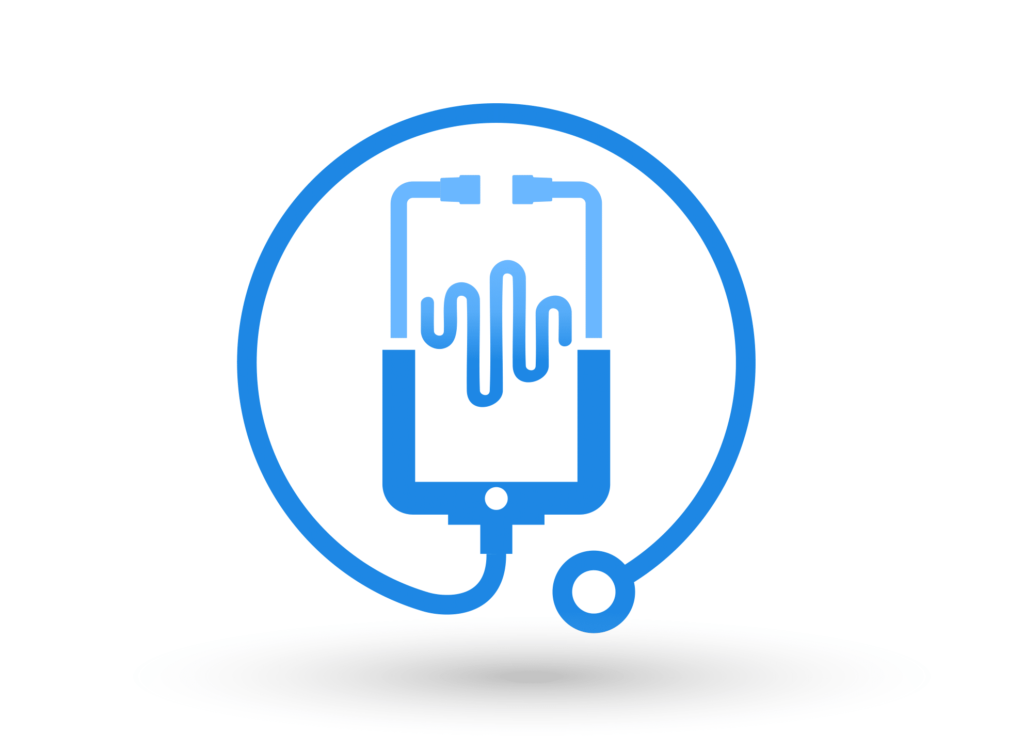Patient-Healthcare Provider Electronic Communication Agreement
Electronic communications, including, but not limited to, emails, internet-based video conferencing through such applications as Skype and “FaceTime” through iPhones and iPads, for example (hereinafter “Electronic Communications”) provide an opportunity to communicate with your healthcare provider relative to issues that are non-emergent, non-urgent or non-critical. Electronic Communications are not a replacement for the interpersonal contact that is the very basis of the doctor-patient relationship.
The following is intended to assist you with your determination of whether you wish to supplement your healthcare experience by electronically communicating with members of the healthcare team at Urgent Care On Demand.
General Considerations
- Your Healthcare Provider will treat Electronic Communications with the same degree of privacy and confidentiality as written medical records. Your Healthcare Provider has taken reasonable steps with internal information technology systems to protect the security and privacy of your personal identifying and health information in accordance with the security guidelines required by the Health Information Protection and Accountability Act of 1992, as amended (HIPAA,)
- Standard email services, including, but not limited to, AOL, Optonline, Hotmail, and Gmail, are not secure. This means that the email messages are not encrypted and can be intercepted and read by unauthorized individuals.
- Electronic communication via Internet based video conference providers, including, but not limited to, Skype, claim to have safeguards in place to protect your personal information from unauthorized disclosure. However, there is the possibility that viruses, Trojans or other malicious software may obtain your private information on your computer system and release and/or use your information without your knowledge. There may be other risks associated with Internet communication, which are unknown at this time.
- Transmitting email that contains protected health information through an email system that is not encrypted do not meet and electronic communication via internet based video conference providers may not meet the security guidelines as required by the HIPAA.
I have read and understood the above description of the risks and responsibilities associated with Electronic Communications with Healthcare Provider. I acknowledge that commonly used Electronic Communications are not secure and fall outside of the security requirements set forth by HIPAA.
I understand that I can withdraw this consent authorizing Healthcare Provider to communicate with me via Electronic Communications at any time by written notification to Healthcare Provider.
I release and hold harmless Healthcare Provider, its physicians and their staff, employees, affiliates, agents, officers, directors and shareholders from any and all expenses, claims, actions, liabilities, attorney fees, damages, losses, of any kind that I may have resulting from Electronic Communications between Healthcare Provider and me based on this authorization given to Healthcare Provider to communicate with me via Electronic Communications.
Having been informed of the risks associated with Electronic Communications, I still desire to communicate with Healthcare Provider via electronic communications. In consideration for my desire to use Electronic Communications as an adjunct to in-person office visits with Healthcare Provider, I hereby authorize Healthcare Provider to engage in Electronic Communication with me.
